As you enter the new year trying to hustle, lean in, and just show up to work on time, we’re starting a new series called “Can I Have Your Job? inspired by the coolest things people do all day. In our first installment, writer Kira Cook interviews music supervisor Rob Lowry.
Welcome to “Can I Have Your Job?”, a new series spawned by the holy triumvirate of jealousy, admiration, and ambition. I’m starting this series off with my friend Rob Lowry of Sweater Weather, who has been positively killing it in the niche career of Music Supervision. He’s currently working on about 8 films and 3 TV series, and just wrapped up Dirk Gently and Man Seeking Woman.
It’s one of those jobs that to a friendly neophyte, may seem like he just gets free tickets to rad shows and gets to listen to and select cool music all day, but of course, like with any creative job, there’s more to it. A lot more, including a lion’s share of business and legal acumen.
Come along as we delve into precisely what a Music Supervisor does, how to get started in the business, and what is most necessary for the job (hint: it’s not having the vastest knowledge of the hippest underground music, though yes, that helps).
First of all, tell me what the role of a Music Supervisor consists of.
A Music Supervisor oversees all aspects of music in a film, TV show, or commercial. It’s a pretty collaborative role: you’re working with producers, the director, and if it’s a TV show you’re working with editors, the studio, and the network.
I oversee everything from hiring and working with the composer, to giving feedback on demos or cues, and of course, the primary job of selecting the source music: choosing the actual songs. I also handle the licensing, and I deal with the budget, prioritize cues, and negotiate copyrights with the publishers, all that kind of stuff.
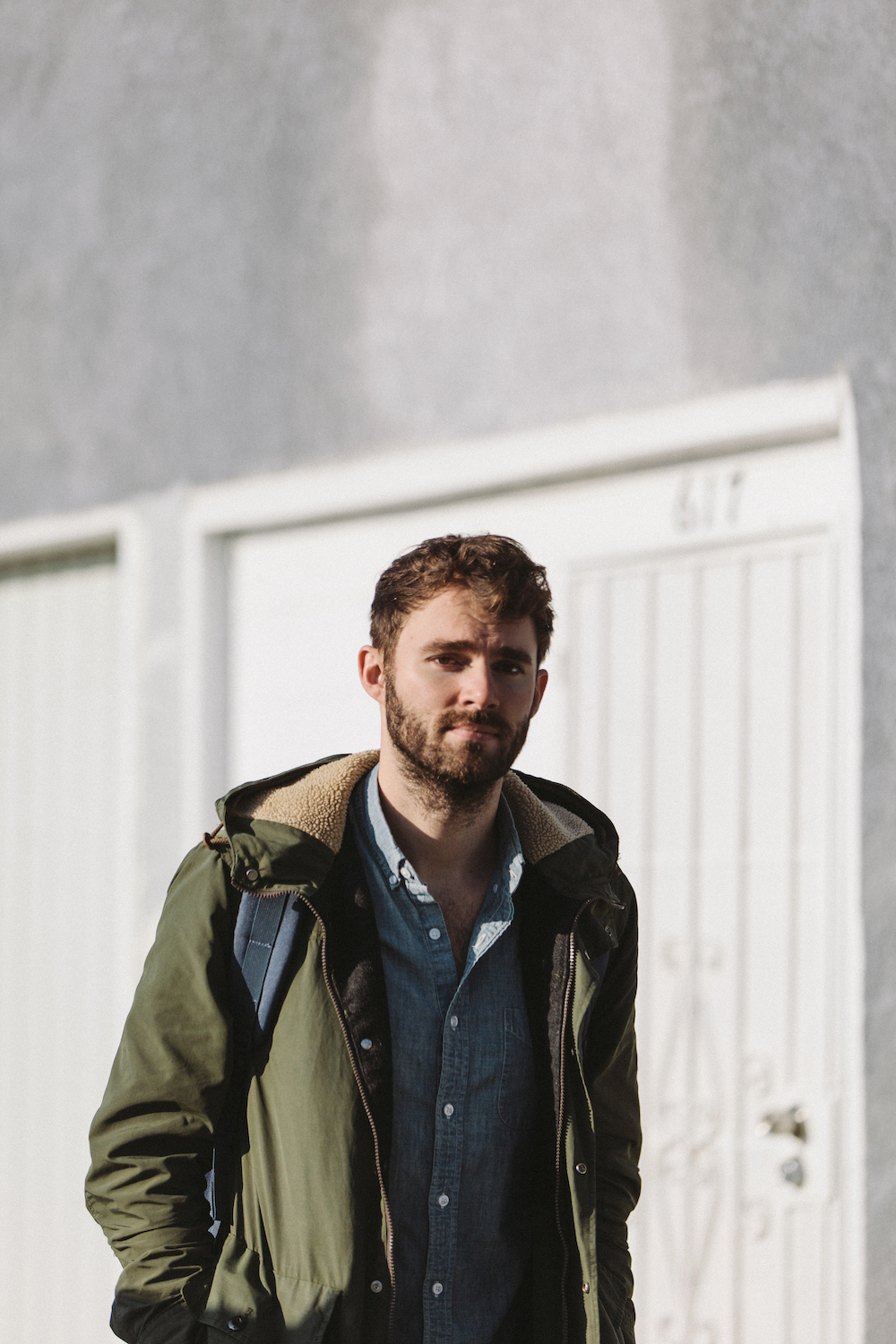
Do you need a music or business background to do this work? What was your background?
I was a double major in communication and elementary education. I took some music law classes because I knew wanted to do this, and those classes really set the fire ablaze for me. In terms of background or knowledge, the most important thing for any supervisor is to have an understanding of publishing and master rights. Being able to clear music (knowing who to reach out to in terms of who reps the publishing, and who owns the master recording) is the foundation that any successful supervisor should know and understand.
Everyone thinks they have good taste, and a lot of people do, but it’s a pretty massive misconception that music supervision is all about knowing good or “cool” music. That’s only half of the battle. A lot of it ends up being: okay you like this song, that’s great, now you have to negotiate the rights to it and figure out the fees and the paperwork.
What percent of your job would you say is administrative?
I’d say 30-40% is creative and then around 60% is administrative in the form of clearances and cue sheets. These sheets are a way of breaking down the songs so when the film screens on NBC or whatever, the artist gets residuals for it. You’re also dealing with the budget and trying to prioritize certain cues like an opening or closing title credit. It’s definitely a big, big puzzle.
Did you work under somebody for awhile before striking out on your own?
I was a PA on a talk show and then I got a job as a PA in the writer’s room on Parenthood and Friday Night Lights. I told everyone I wanted to be a music supervisor. I became friends with the writers and the editors, and I would give them all mix CDs. One of the editors on FNL had a movie that he was doing during hiatus and got me an interview with the director. I got the movie, and that was my first break.
Since I never studied under anyone, being thrown into that film as a full-on Music Supervisor was really, really crazy. I had a base knowledge of clearance but had never actually done it, I didn’t have any forms, didn’t know proper protocol, so yeah, there was a pretty crazy learning curve. We also needed a band to play in the movie, so I had to find one, fly them out to LA and have them record a live set. But honestly, being thrown into it was the best possible way to learn because I had to figure it all out.
From that point on, were you a full-on freelance Music Supervisor?
From then on, I left the writers rooms because I knew I didn’t want to be a writer and I got a job in a music house called Black Iris as an Assistant Producer. Black Iris focused on creating original music for commercials, so I dealt with agencies and composers, and then at night I would do some freelance supervising.
The Black Iris experience was great because working with composers taught me how to communicate with musicians not necessarily on a technical level, but on an emotional level. That’s ended up being super useful, especially in independent film when it’s all hands on deck. It depends on the film and the direction, but sometimes I’m heavily involved with the composer. I was at Black Iris for 3 or 4 years and then it got to the point where I was doing so many films that I couldn’t handle both.
How long ago was that?
About 2 years ago.
Talk to me about your process. Obviously, it changes from show to show or film to film, but give me some examples.
Every project is so different. You get hired at all different stages, so with film, I’ve been hired when there’s a locked picture and maybe even locked film and they just need you to clear the songs, you’re just the clearance person. Then there are films where I get brought on at the script level, which I prefer. You get to meet with the director and have a pretty nice dialogue about tone and what they’re looking for. I’ve worked for a lot of directors that like to make mix CDs for the actors, in order to help them get into the headspace for what the soundtrack and tone will be like. So on a movie, if that’s the case, we might meet and start to bounce around ideas for that.
After they shoot and an editor puts together an assembly, I’ll go in and sit down with the editor, the director, the composer, and maybe a producer, and we’ll have a spotting session. During the spotting session we’ll go through the entire film and stop at every moment where there’s going to be music and talk about if it’s going to be source (something I would find and license) or score (something the composer would create). If it’s source, we might talk about what kind of song we’re looking for. Then, I usually give an editor a DropBox of songs that will work well with the script and tone and that I know will be in our financial range. It’s good for them to have a base knowledge so that they don’t put in a song that the studio loves, but that we just can’t afford.
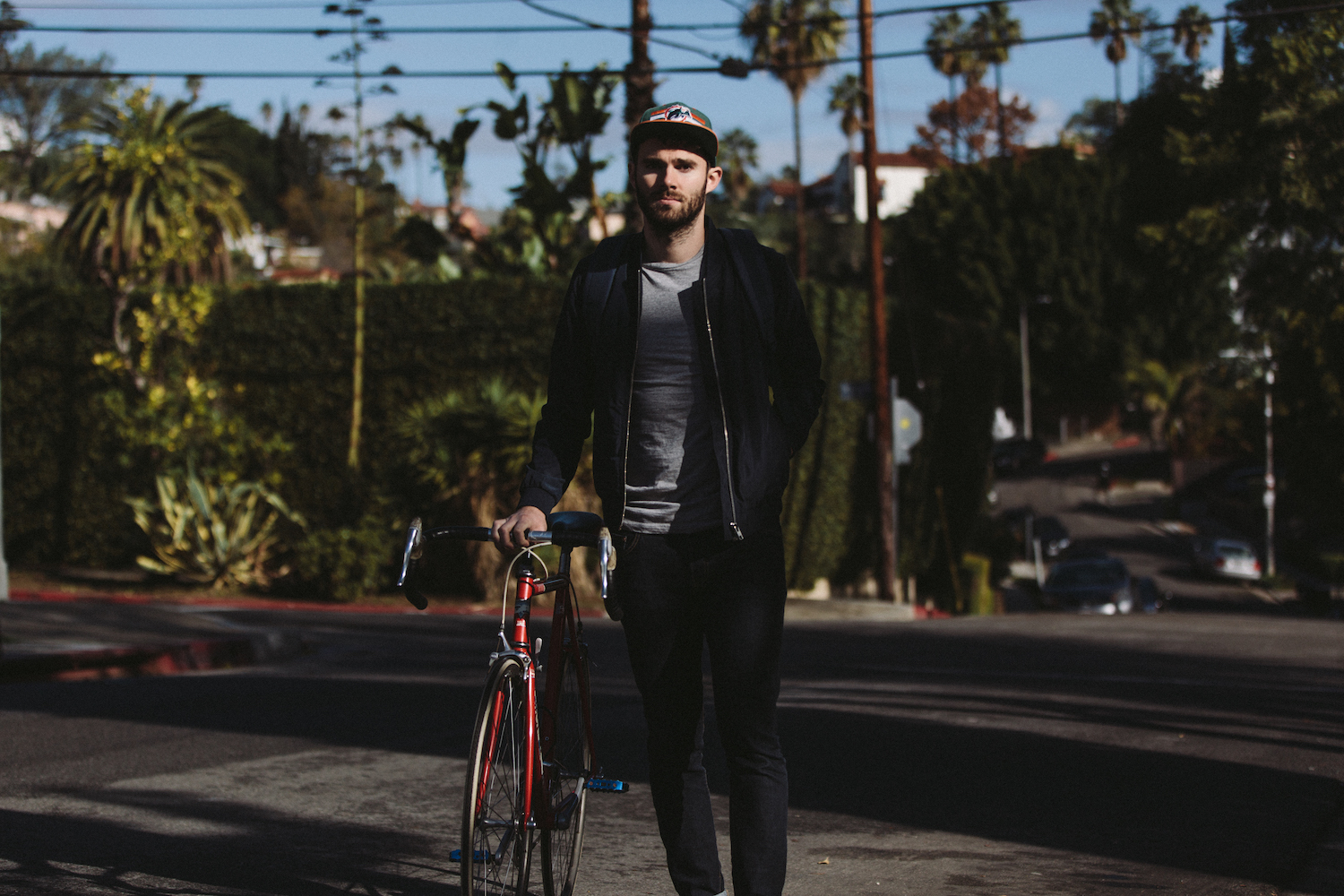
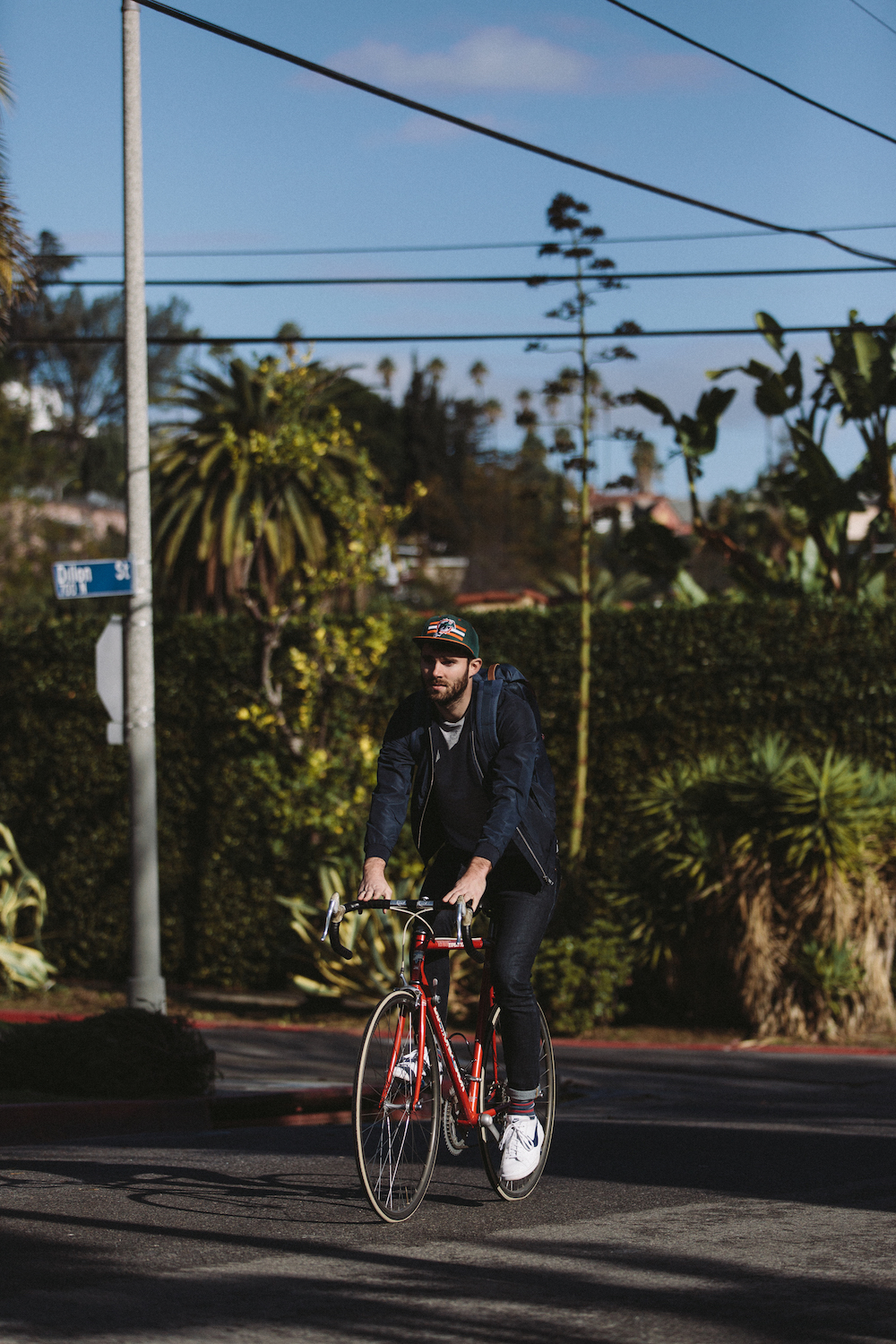
Are those songs based on what you’re liking at the time, or what you’ve thought would be right in the scene, or something else?
First and foremost, you start with what works best creatively, and the next biggest factor is what we can afford with our budget. It’s a trickle-down effect to find out what you’re actually able to use.
TV moves really fast so if I hear a new song that I love, we can “audition” it immediately, day-of. Film requires putting a little more time and effort and thought into it because it gestates longer. I might work on a film for a year. It’s always crazy when you place a song and love it and then a year later it becomes stale because you’ve heard it a million times or if you’ve heard it in another film or show in the interim. That’s the worst, when a project hasn’t come out and then another project uses one of your key songs.
How do you keep from imposing your taste on a scene? I’m curious about that, have you had to use music you really can’t stand and you just have to go with it, or the opposite?
Both of those happen all the time. I’ve definitely had to clear music that I don’t like, and I’ve definitely had creative disagreements. But I do think people get hired for their taste, so I’m willing to fight for something as far as they’re willing to listen.
At the end of the day, it’s the director’s film and the showrunner’s TV show and it’s my job to fulfill their vision. I can bring as much of my creative perspective to the project as they want, but when they don’t want it, I’ll pull back. In the end, the different perspectives ultimately make the project better.
Give me some drama, have you ever come to BLOWS over a track?
I have, but I can’t give details! Suffice to say we battled over every cue. Ultimately, it’s their creative vision and I try to take the approach of a consultant.

How often do you try and work your friends’ bands into a show?
There’s so many politics that it’s never really that simple. First and foremost, creative takes precedence. If something’s not working and I’m like, “oh wait, my friend’s band does this perfectly! then that’s awesome. I’m lucky, I have a lot of friends who make good music, so sometimes the marriage works itself out, but I definitely don’t make it a priority.
On the flipside, I’ve developed really good relationships with a lot of composers. I love being able to work with people who are immensely talented but also close friends. For example, in the first episode of Dirk Gently, I was able to hire my friend Elvis to write a minute and a half punk song that was used by the two main characters in the show.
Can you name all the projects you’re currently working on?
TV: Dirk Gently Season 1 on BBC America, Man Seeking Woman Season 3 on FXX, a pilot called Issues on Freeform, a pilot called Playdates.
FILM: The film adaptation of Glass Castle The Intervention, a road trip film called Monumental, Literally Right Before Aaron, adocumentary called Chicken People, Uncle Kent 2, Little Bitches, and then right now I’m working on a drama called Say You Will and Alex Ross Perry’s Golden Exits which just got into Sundance.
How’d you get hooked up with him?!
I’m a big fan of his, and I saw he was doing a new movie and I had my agent get me on the phone with his producer.
How do you get an agent as a Music Supervisor?
You know, they just contacted me.
Wow, okay I will literally kill you. “UTA just came knocking” Augh!!!! Last question: name some of your favorite bands right now.
My favorite records this year: The Wet record, the Whitney record, Big Thief, Carly Rae Jepsen B-sides record, Frank Ocean, Margaret Glasby, Hannah Georgas, Kadhja Bonet, Mutual Benefit.

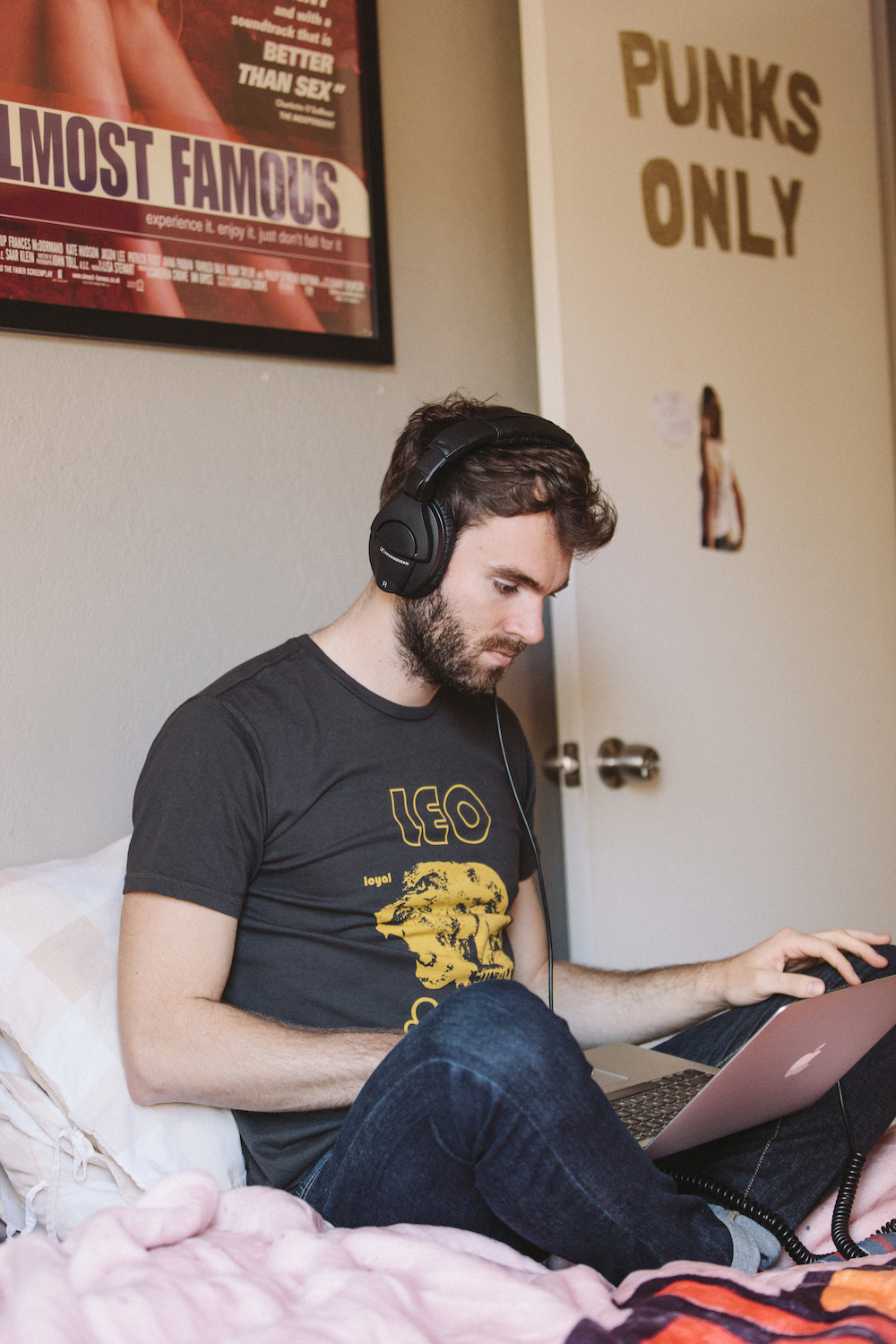
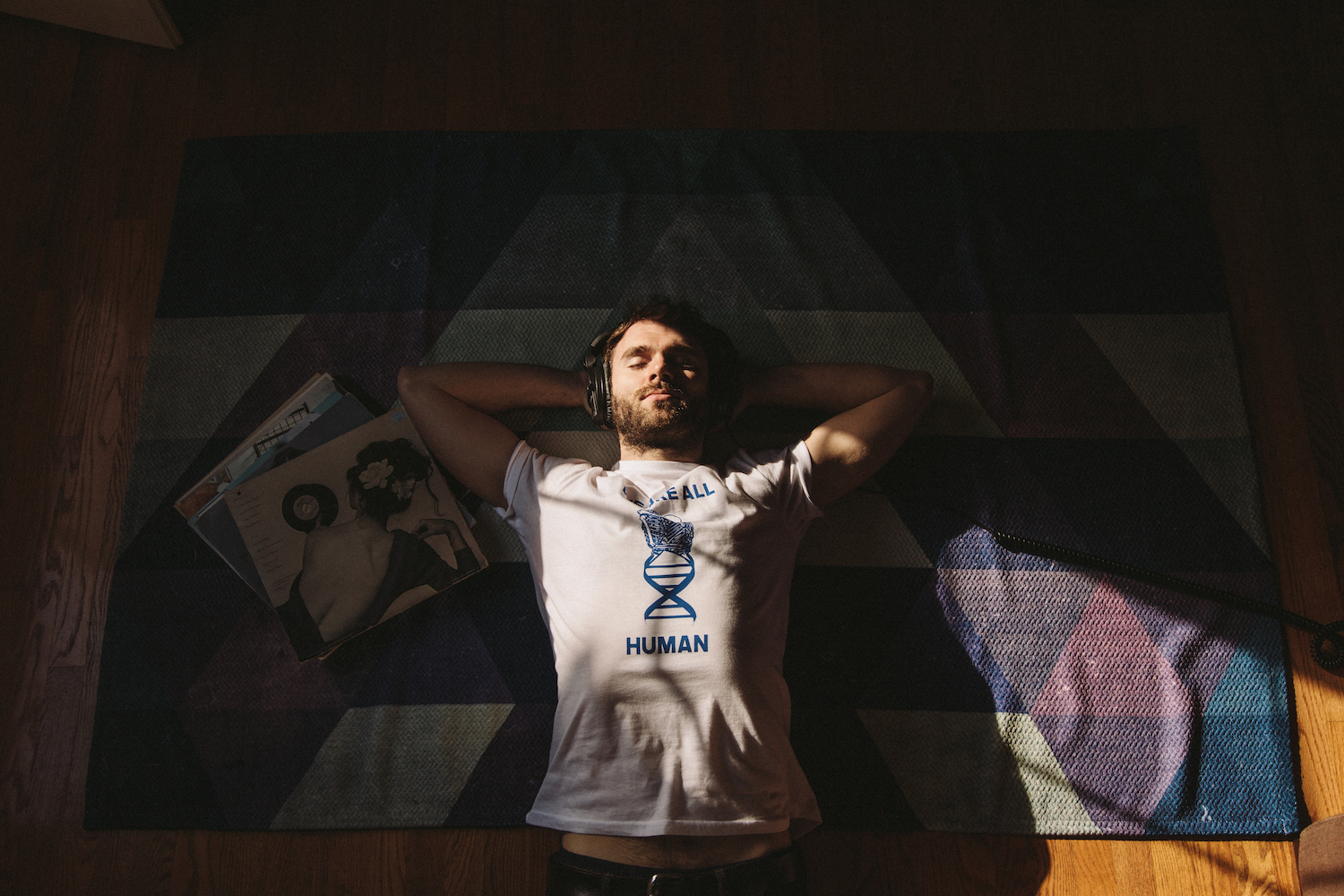
Photos by Stephen Paul
Comments